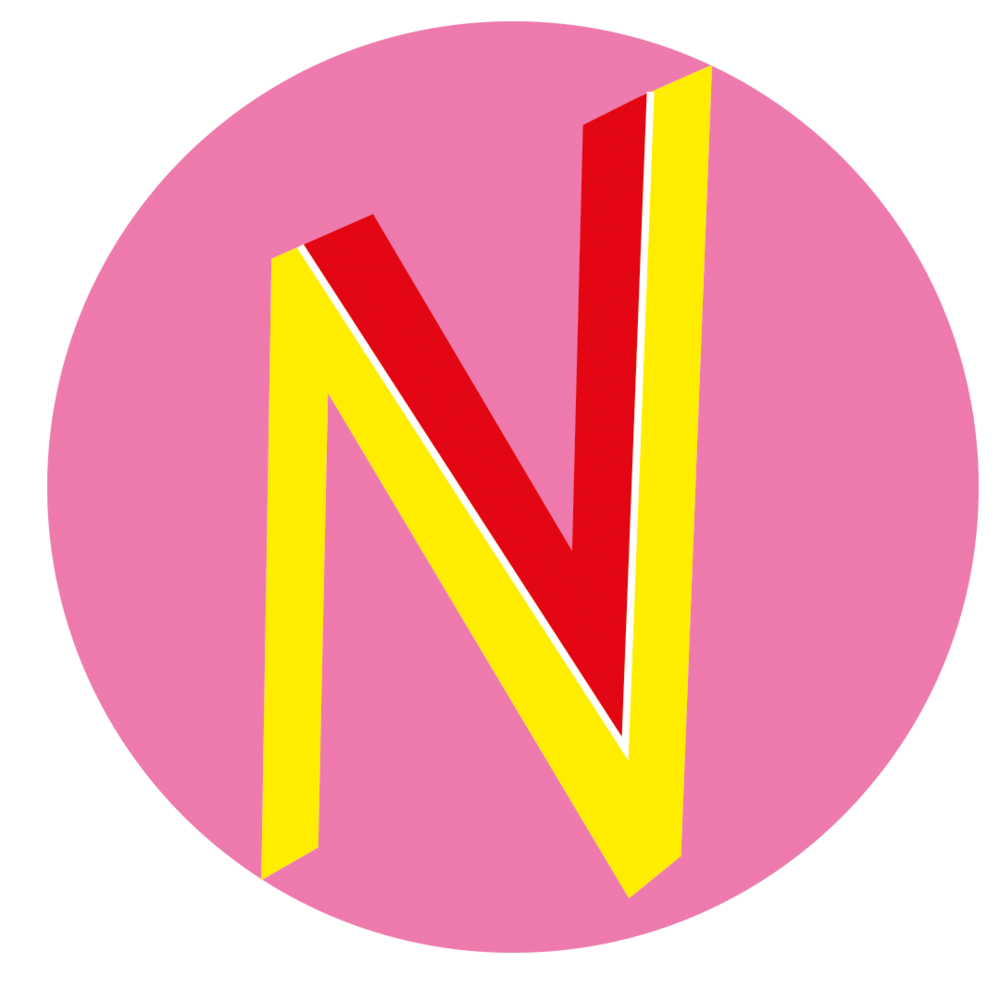As we know, there’s no one-treatment-fits all for vaginismus. A few months ago we chatted to California-based Meg Register, a licensed hypnotherapist and EFT tapping practitioner who’s treating a growing number of clients for pelvic conditions.
Meg’s own medical history is what’s driven her to develop practices to help other women and people with vaginas. 14 years ago, a gruelling round of radiotherapy helped her beat cancer. But unfortunately, she believes a side effect of her treatment was developing secondary vaginismus (getting vaginismus after previously having no issues with vaginal penetration). ‘I wish I could have had the right support and information back then’, she explained. ‘Nothing really helped me overcome painful intercourse until I implemented emotional freedom technique tapping and hypnosis. And they both work on the subconscious level.’
It’s this channelling of the subconscious that Meg has dedicated her career to. Long overdue a rebrand thanks to Hollywood, Meg breaks down what hypnotherapy really is. ‘It’s basically reprogramming what you’re telling yourself about a situation. i.e I can’t have sex, it’s too painful, it’s ruining my life. The subconscious mind is like a hard drive, it stores everything, so there’s psychological stuff that needs to be undone.’ She works to change inherent negative beliefs which have manifested themselves physically, swapping them for positive ones: ‘I’m not what my parents said about sex, it’s safe to have sex, I can trust a partner.’
Part of Meg’s work in recent years has been dispelling the negative myths and woo-woo surrounding the practice, reassuring new clients that despite hypnosis being a relaxing state, they’re always in control. She laughed when we touched on the pendulums and sleepwalking that’s shown in the movies. ‘I can't make anybody do something they don't want to do. You can get up and walk out the door or take a break whenever you want.’
Meg also gave us an intro to EFT tapping, a practice designed to relax and ease patients’ anxiety through a mixture of talking and physical touch. She helps her clients let go of fear by gently touching pressure points on the body such as the wrists and temples, ‘tapping’ down from ten until the pain feels like a zero.
So how does a session with Meg actually work? She says it’s always shaped around the person, but that there are a few typical starting points. The first meet is usually about explaining the practice and bringing clients on the journey so they feel completely comfortable and informed. ‘I'm educating them about what hypnosis is, what it isn't, dispelling myths and misconceptions, teaching them about how hypnosis can help them.’
In following sessions she’ll sometimes include both hypnosis and tapping, but not in the same order for everyone. ‘We may do hypnosis first, including regression (a method that uses hypnosis to identify and move on from painful past events), and then take what we find from the regression and use it in the tapping.’ Some clients arrive, understandably, with a huge amount of fear. When this is the case, she prioritises tapping to help people relax so they can be more receptive to the therapy – and ideally, enjoy it. Common to contrary beliefs, Meg describes hypnosis as a pleasurable and focussed state.
She told me the story of a client who’d been suffering with vaginismus because of negative messaging around sex and penetration she’d grown up with. ‘Her Dad was a religious minister, and her Mum had told her stories of painful childbirth. The things she heard as a little child created such a fear and phobia that her body just shut down to protect itself.’ But after working with Meg for a couple of sessions, her body started to shift, and she began to have penetrative sex comfortably with her male partner. ‘She’s still in that relationship now, and it’s amazing.’
Within the Vaginismus Network, we talk a lot about the complex nature of progress. What qualifies as ‘moving forward’ is subjective, and it’s rarely linear. Hypnosis can follow a similar rhythm. ‘You can actually have a delayed reaction’ Meg discusses. ‘Like three months, six months later. All of a sudden you look back and you don't realise how far you've come. You're like oh my God, I can't even believe I don’t have that issue anymore. I completely forgot about it. That's how hypnosis works. It's very subtle, natural and gradual.’
Now working on her first ever publication about hypnotherapy for vaginismus, Meg is more excited than ever about the subconscious mind’s power to create lifelong breakthroughs. ‘We've always been enough, with or without vaginismus. So we really have to work on that. Changing those beliefs is a beautiful experience.’
Meg is currently taking on new clients. Get in touch to hear more about her practice at megregister@icloud.com, or find her here. She’s also looking for support in the editing and publishing of her new book. If you think you can help, or would like to be involved in the project, she’d love to hear from you.
